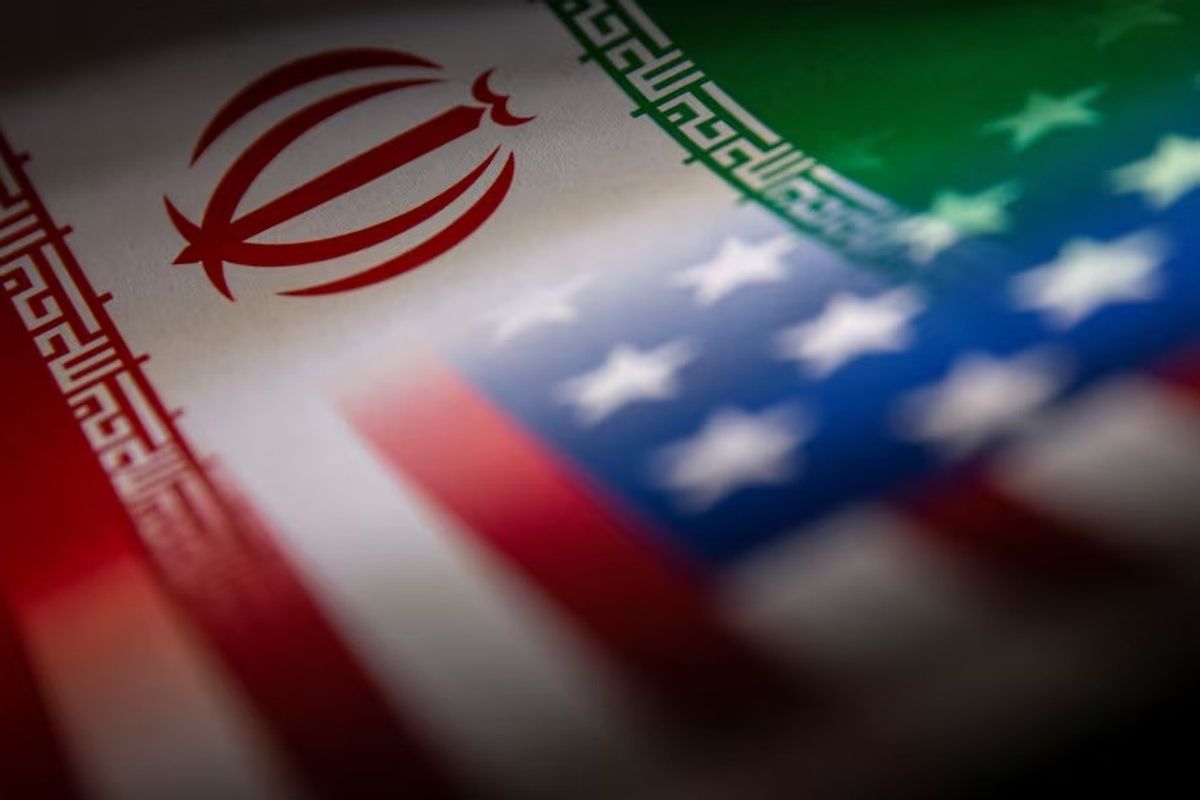Israeli military strikes near Damascus presidential palace
Strikes follow reported attacks on Syria's Druze minority which killed dozens of people

Druze spiritual leaders condemns 'genocidal campaign'
US condemns attacks, urges stability
Syrian Foreign Ministry vows to protect all minorities
The Israeli military said Friday it had launched airstrikes near the presidential palace in Syria’s capital, Damascus, following deadly sectarian violence and after warning it would intervene if Syrian authorities failed to protect the Druze minority.
Israeli fighter jets “struck adjacent to the area of the palace,” the military announced on Telegram, citing recent violence in the towns of Jaramana and Sahnaya, southeast of Damascus.
The clashes prompted Syria’s top Druze spiritual leader, Sheikh Hikmat al-Hijri, to denounce what he called a “genocidal campaign” against the Druze community. In a strongly worded statement Thursday, he urged international forces to help maintain peace and stop the ongoing violence.
The Britain-based Syrian Observatory for Human Rights reported that 17 people were killed in Jaramana on Monday, 22 more in Sahnaya the next night, and 15 Druze fighters were killed Wednesday in what it described as an ambush by forces tied to Syria’s Interior and Defense ministries.
Audio recording spurs unrest
The unrest reportedly began after an audio recording attributed to a Druze individual — and deemed blasphemous — circulated online. AFP could not verify the authenticity of the recording.
By Wednesday, a truce was reportedly reached in both towns after talks between Druze representatives and Syrian officials. Authorities deployed troops to Sahnaya and blamed “outlaw groups” for the violence.
Hijri rejected the official narrative, accusing the state of abandoning its protective role and enabling extremist militias. “The government does not kill its people through its extremist militias and then claim they were unruly elements after the massacres,” he said.
The clashes have intensified sectarian tensions in Syria following the December ouster of longtime president Bashar al-Assad, a member of the Alawite minority. Since then, the country has seen a surge in violence, including the killing of more than 1,700 civilians — mostly Alawites — in March, according to the Observatory.
Syria’s Foreign Ministry vowed Wednesday to “protect all components” of its population, including the Druze, and rejected “foreign interference.”
US condemns attacks
The United States condemned the violence on Thursday, calling the attacks against the Druze community “reprehensible and unacceptable.” State Department spokeswoman Tammy Bruce also confirmed that U.S. officials met with Syria’s new delegation at the United Nations earlier this week.
Bruce said the U.S. had urged Syria’s post-Assad interim authorities to “choose policies that reinforce stability” and to hold perpetrators of sectarian violence accountable.
Popular
Spotlight
More from World
Iran says US sanctions 'will not change' policy after Trump warnings
Iran says US sanctions have fueled "deep suspicion and mistrust" about America's commitment to diplomacy













Comments
See what people are discussing